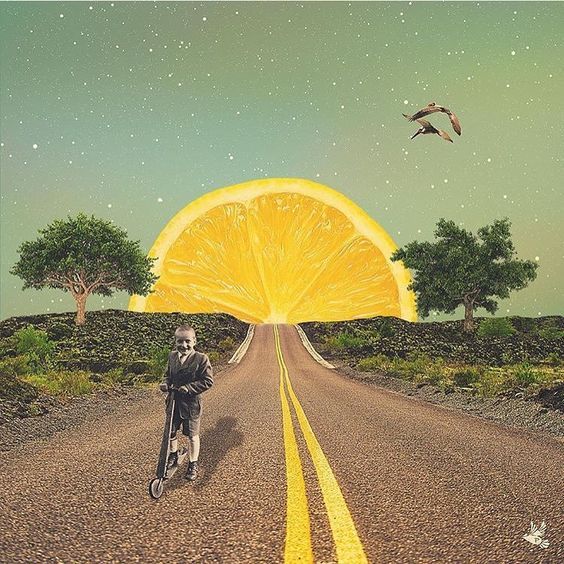LENT Day 1 (Ash Wednesday)
Mark 8:31– 38 | Jesus Foretells His Death
We begin our Lenten journey with Jesus by hearing him tell us that he’s not headed to greatness as the world esteems greatness, but to the cross and to death. Peter and the rest of the disciples understand that Jesus is on his way to the capital city of Jerusalem to lay claim to the throne — to become the King of the Jews. But without any ambiguity Jesus tells his disciples that he will suffer many things, be rejected by the chief priests, and finally be killed. Yes, Jesus also says that his apparent defeat will be turned to victory when he is raised on the third day, but his disciples probably hear this as an idiom referring to the resurrection of the righteous at some point in the future — as when Hosea says, “After two days he will revive us; on the third day he will raise us up.” That Jesus could become King of the Jews through suffering and death is inconceivable to Peter. For Peter, a messiah who is killed is a messiah who fails, and Peter didn’t sign up for failure. Jesus alone seems to understand that a breakthrough into new life is only attained through the experience of loss. Martin Luther was right, Christianity is not a theology of glory, but a theology of the cross. But to choose the way of the cross over the way of glory is a hard lesson to learn.
Like Peter, we also may be inclined to argue with Jesus when he calls us to choose the way of the cross. “Surely not, Jesus! I don’t want to suffer and lose, I want to be great and win!” But Jesus calls that kind of thinking satanic! As the book of Proverbs says, “There is a way that seems right to a person, but its end is the way to death.” Most of us are scripted to think that life is a game and the purpose of life is to win. This is the way that seems right. But the divine truth is that life is a gift and the purpose of life is to learn to love well.
And so Jesus invites us to follow him, not in a march to greatness, but in the cross-carrying way of self-denial. This and this alone is the way of true discipleship. It’s also the way to abundant life. Grasping for greatness is the way of the rat race. But as Walter Brueggemann says, the problem with the rat race is that even if you win, you’re still a rat. Or as Jesus put it, what do you gain if you win it all, but lose your soul? During this season of Lent let’s renew our commitment to take up our cross and follow Jesus!
Lord Jesus, we are so often afraid that the way of the cross leads only to loss — a loss that we fear we cannot bear. Help us to believe you and to embrace the cross as the way that ultimately leads to authentic love and abundant life. Amen.


























































